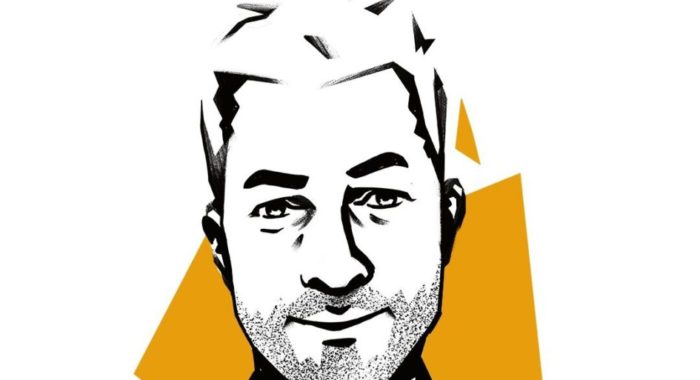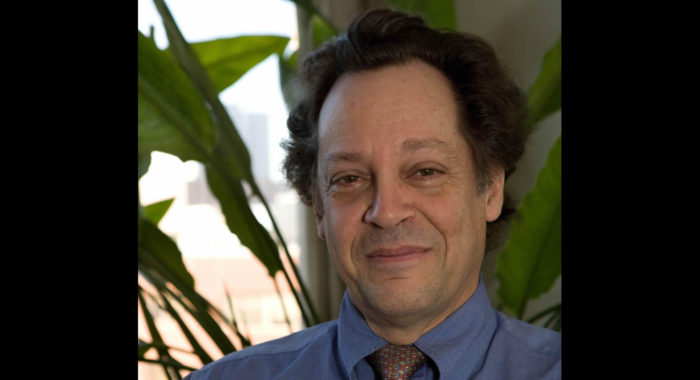One thing 39 years old Serbian filmmaker Mila Turajlic wants us to think about is the contra-narrative of a story. Maybe we get to the end of one, she says, and we don’t find out the truth, but we accept the weight of all parts involved.
Mila studied political science and she was a debater, then a peace activist all around Serbia. In 2000, she was 21 when a revolution overthrew serbian Slobodan Milošević, at that point president of the Federal Republic of Yugoslavia. In the following years, the political situation wasn’t a steady rock for Serbia.
Mila felt she didn’t identify with a political, resistance voice anymore, so she started looking for a new language of her own. After seeing The Gleaners and I, a deconstruction of what it means to be a documentary filmmaker, she realized that’s the language she should be speaking in. As she likes to dig up the archives, her first documentary, Cinema Komunisto, is a journey through the rise and fall of the illusion called Yugoslavia.
Cinema helps the Serbian filmmaker put together pieces of missing history. „On an official public level almost none of the post Yugoslav republics have managed to narrate their old identity or their new identity, and we really have a problem narrating our own past”, Mila said in an interview. „I really think that maybe documentary film allows you to say: OK, there’s a new arena in which we can open a conversation. One that can be more nuanced and subtle and to me makes no truth claims.”
This duality is encapsulated as well in her second documentary The Other Side of Everything, which takes us into her family history and an unseen part of Yugoslavia’s past. When her mother (a well known civil society defender) was a child, the state took hold of her place and divided it into multiple living spaces, so from the ‘50s, her family kept living in the same apartment with someone else, divided by a locked door. Mila uses this as a metaphor to open the doors of an international discussion.
The filmmaker believes personal memory documentaries like The Other Side of Everything will soon weight more on the journalistic scale, as an intimate, particular story can speak on a collective level.
Mila’s next documentary to complete a Yugoslav trilogy – The Labudovic Reels (title in progress) – will be about the role that Yugoslavia played in the Algerian movement for independence, and other liberation movements around the world. „I was always interested in this role Yugoslavia played in the creation of this kind of borderline movement of third world countries coming together in the 1950s, 1960s”, Mila recalls, „In Algeria, I discovered that the man who filmed all these summits was still alive, that he was 90 years old, that he lived in the suburbs of Belgrade, that no one has ever heard of him, and that he was a hero in Algeria.”
Although some disagree, she’s always looking for balance in her work. „That’s where we really get stuck. Every time someone decides to tell you the truth of what happened.”
Mila Turajlic is speaking at the 8th edition of The Power of Storytelling. Register here to meet her and the other amazing speakers who will tackle this year’s theme: Rewrite.



